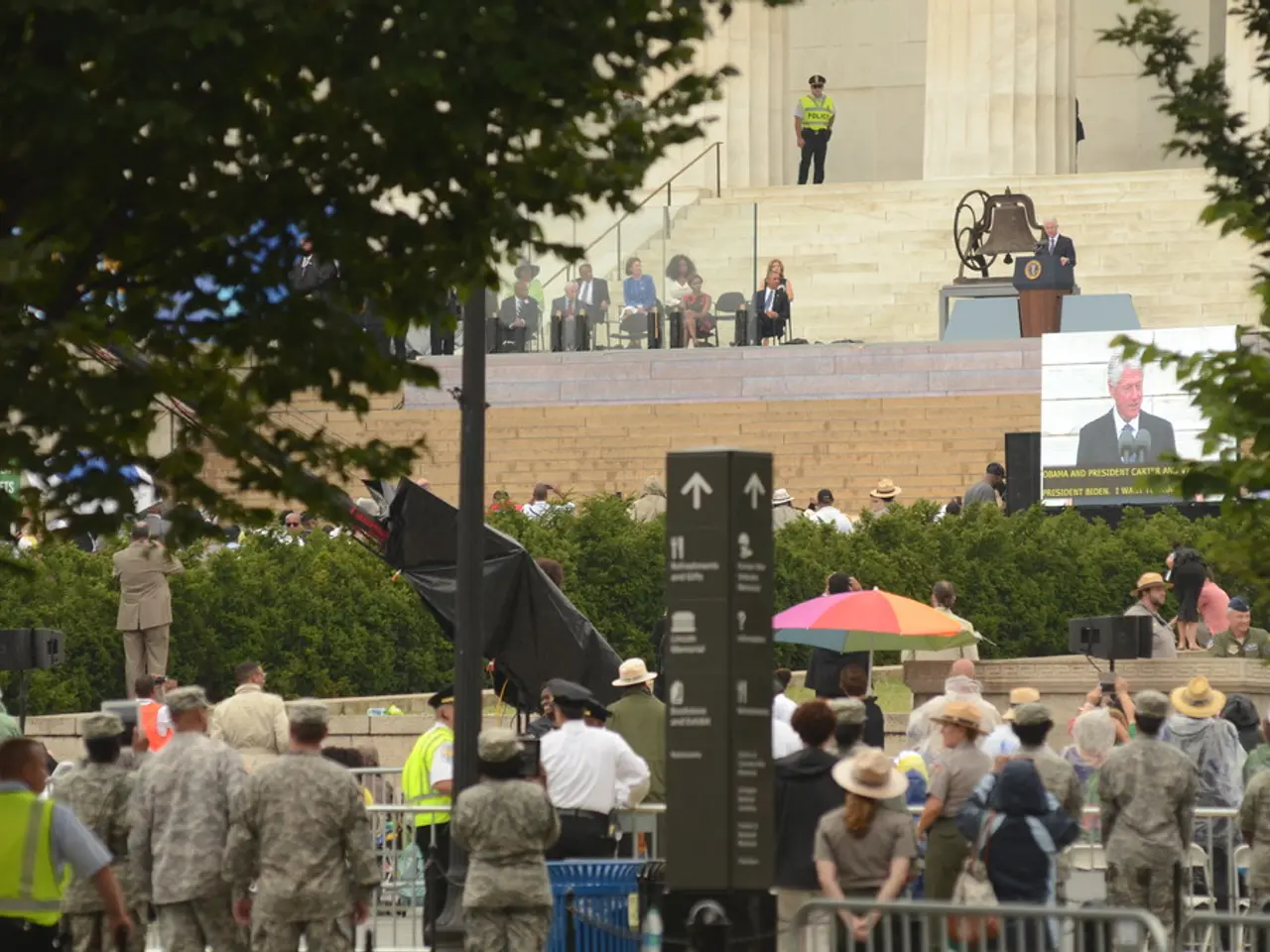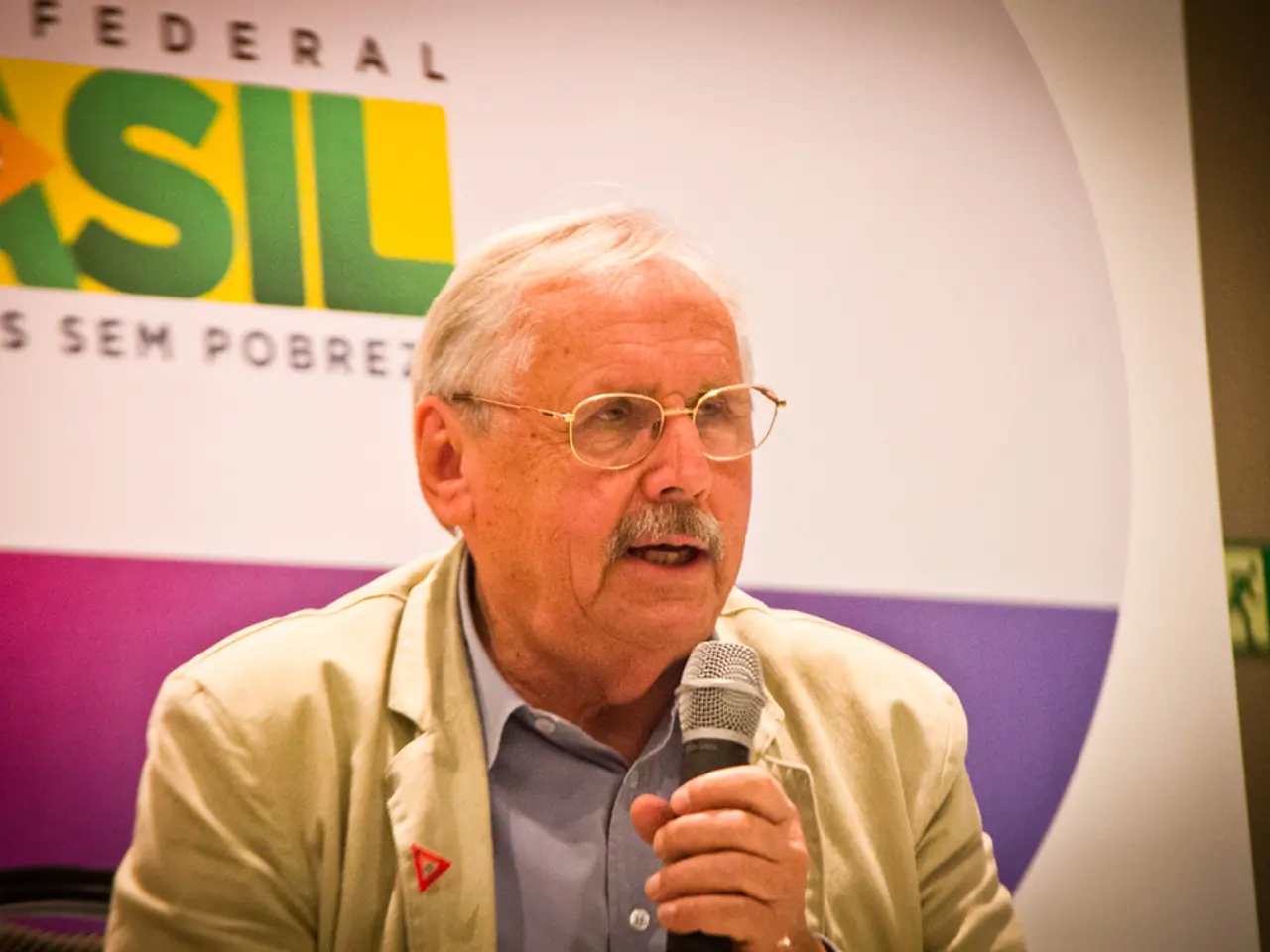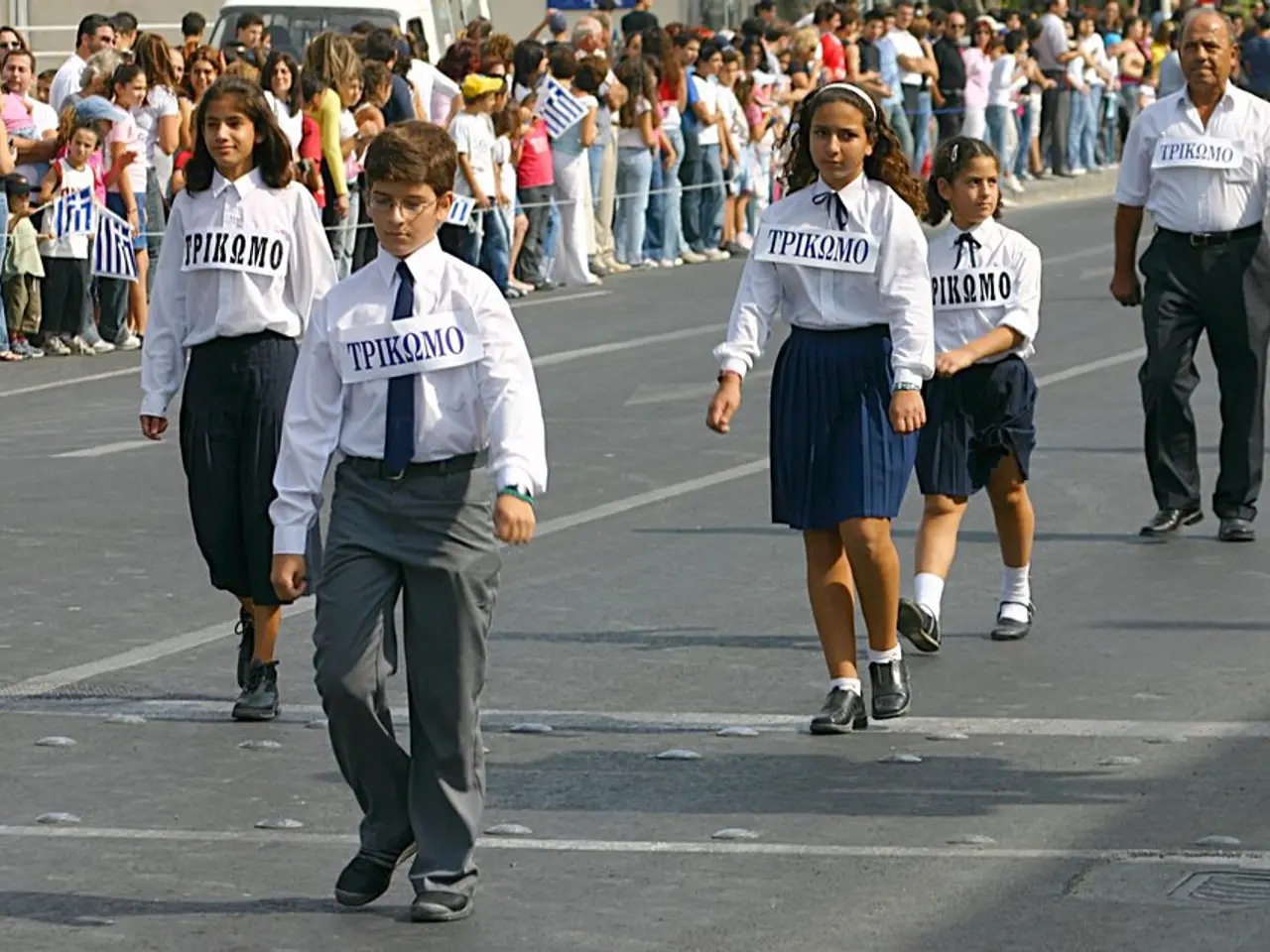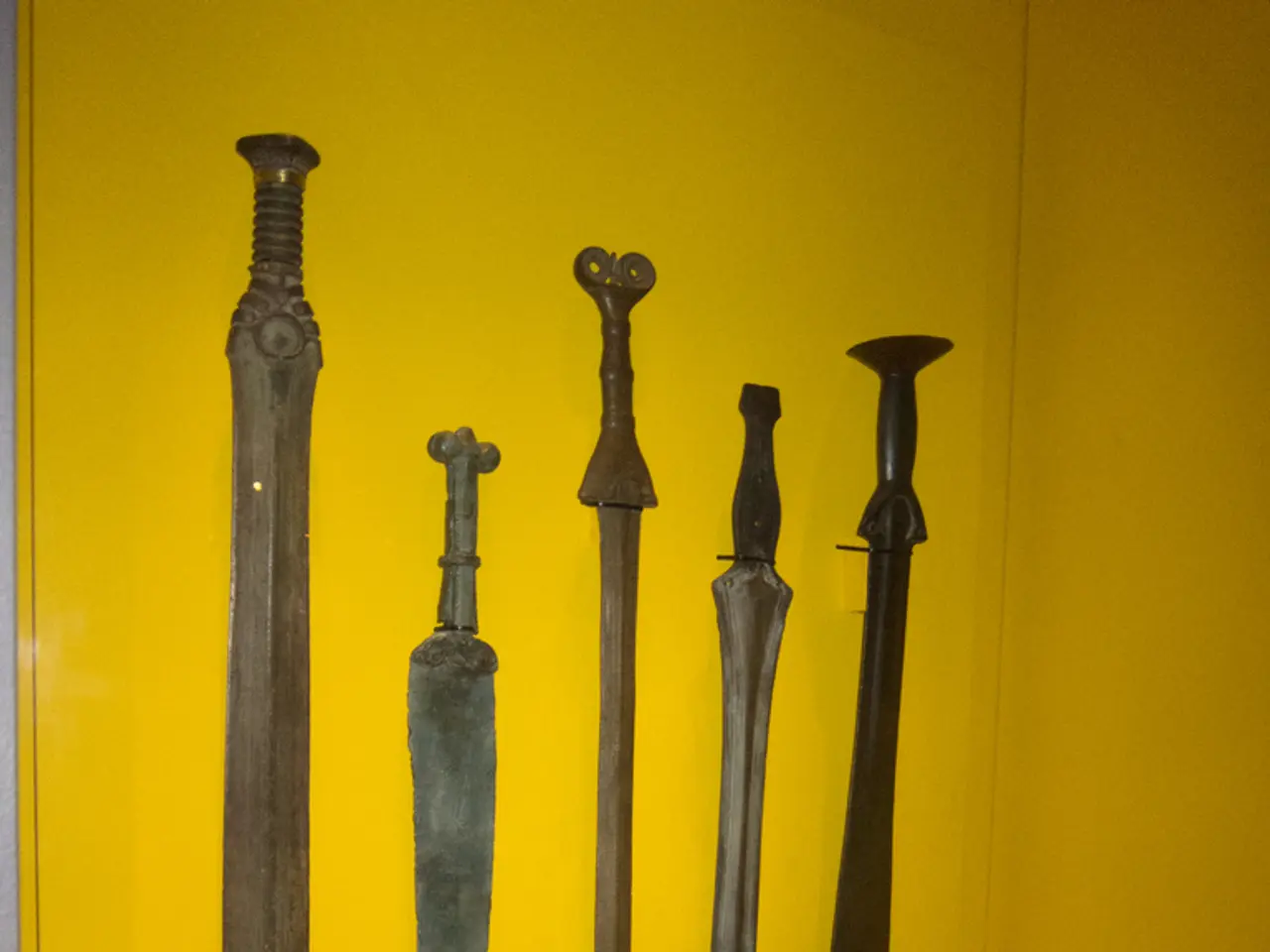Nuclear inspections discontinue - Iranian officials withdraw cooperation
After a 12-day war between Israel and Iran, nuclear talks between Iran and the United States are set to resume, marking a significant development in the ongoing nuclear dispute. The talks, scheduled to take place in Oslo, Norway, will see U.S. Special Envoy Steve Witkoff meeting Iranian Foreign Minister Abbas Araghchi, marking the first direct talks since the U.S. military strike on Iran's nuclear facilities last month.
The principal issues at the heart of these talks revolve around Iran's stockpile of highly enriched uranium, including 400 kilograms enriched to 60%. This material, currently sealed off from the outside world at the nuclear sites attacked during the strikes, is a key concern for the international community.
Iran has maintained its stance that it should be allowed to enrich uranium on its own soil, a position that aligns with its current unwillingness to fully adhere to the Nuclear Non-Proliferation Treaty (NPT) Safeguards Agreement. Conversely, the U.S. has not indicated any change in its stance demanding zero Iranian uranium enrichment.
Iran has confirmed the talks, focusing on a nuclear deal and a guarantee of no further attacks. Senior Iranian officials are reiterating their red lines for these negotiations, emphasizing continued nuclear development without attacking the U.S. Omani and Qatari officials have been involved in mediating between the U.S. and Iran, facilitating the resumption of talks.
The talks are crucial for resolving the current nuclear standoff and addressing the potential for further conflict. However, the fundamental differences in positions between Iran and the U.S. remain significant challenges to achieving a comprehensive agreement.
The International Atomic Energy Agency (IAEA) is at the centre of the conflict, with inspectors having had no access to nuclear facilities since they were bombed and damaged during the war between Israel and the U.S. The IAEA has urged the resumption of its inspection activities in Iran as soon as possible. Iran formally suspended cooperation with the IAEA on Wednesday, and it remains unclear whether the Gulf state of Oman will act as a mediator as before.
The future outlook of these talks is uncertain, with Western governments fearing that Tehran is pursuing nuclear weapons, while Iran denies this. The National Security Council will decide on the resumption of cooperation when the conditions are met, and the exact date of the meeting is not yet known.
Reports suggest possible new negotiations between Washington and Tehran on the nuclear program. However, the ultimate success of these talks will depend on both parties finding common ground and addressing the key issues at hand, particularly the issue of Iran's uranium enrichment. Israel justified the war with the threat posed by Iran's controversial nuclear program, and it remains to be seen whether these talks will lead to a peaceful resolution to this long-standing conflict.
- Despite the recent war between Israel and Iran, general news outlets are focusing on the resumption of nuclear talks between Iran and the United States, with a key concern being Iran's stockpile of highly enriched uranium, particularly the 400 kilograms enriched to 60%.
- As the nuclear talks between Iran and the United States progress in Oslo, reports suggest that the discussions will revolve around Iran's right to enrich uranium on its own soil, a controversial issue that aligns with Iran's current unwillingness to fully adhere to the Nuclear Non-Proliferation Treaty (NPT) Safeguards Agreement. The U.S., on the other hand, has maintained its stance demanding zero Iranian uranium enrichment.








